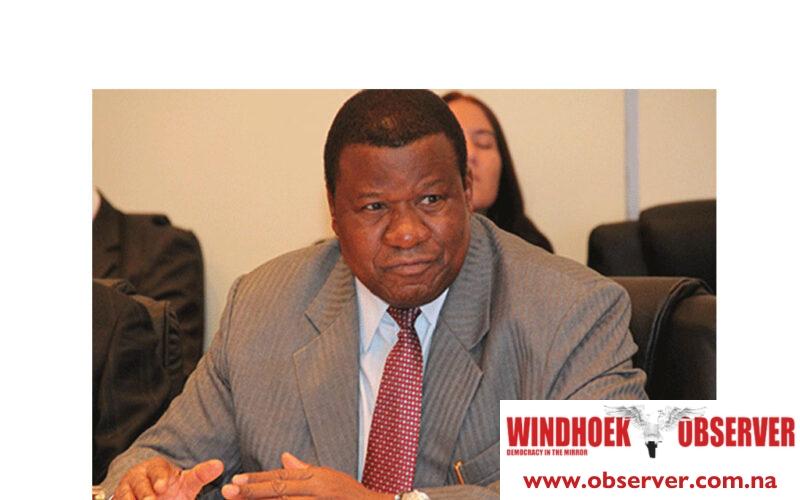Stefanus Nashama
The Ministry of Works and Transport recently announced its plans to acquire 62 vehicles at a cost of N$25 million, to be kept in a pool for use as needed.
According to Minister of Works and Transport John Mutorwa, the Cabinet instructed the Ministry to procure 30 Toyota Fortuners GD6 automatic 4×4 vehicles—fifteen with 2.4 engine capacities, fifteen with 2.8 engines, and two Toyota Land Cruisers 300 LC300 3.3D V6 GR-S (731). This procurement is aimed at expanding the existing fleet and reducing the government’s financial burden caused by frequent vehicle repairs.
“The mentioned vehicles will serve as relief vehicles for Political Office Bearers when other vehicles are undergoing repairs,” stated Minister Mutorwa. He also mentioned that the Ministry plans to purchase additional vehicles during the 2024/25 Financial Year when funds become available, continuing the process of replacing the ageing government fleet.
Furthermore, Minister Mutorwa highlighted that the Ministry has not procured new vehicles for the past decade, relying on the fleet purchased in 2014 for N$300 million. The need to increase the fleet arises from the growing demand for government vehicles to ensure effective and efficient public service delivery.
“Currently, the government fleet is depleting due to accidents and ageing, and vehicles are eventually disposed of through public auctions. Additionally, the existing fleet incurs significant expenses due to frequent repairs and maintenance,” he emphasized.
The cost of spare parts and the time it takes for their delivery were also cited as factors contributing to the financial strain on the government. In such cases, the Ministry has to weigh the cost of repairing a vehicle against its book value. If repair costs approach or exceed the vehicle’s book value, the Ministry opts to sell the vehicle through a public auction, further reducing the government fleet.
Julia Ngweda, the Ministry’s spokesperson, clarified that the N$25 million is the only available budget for procuring 62 vehicles in the current financial year.
She added that although the Ministry requires more vehicles, they are constrained by the available funds for the 2023 financial year.
The possibility of acquiring additional vehicles will depend on the budget allocation for the next financial year.
Ngweda emphasized that these vehicles are intended for pool use, not for individual allocation to different offices, ministries, or agencies. Pool vehicles are made available for official trips upon advance request but are not permanently assigned to specific individuals or institutions.
Regarding the procurement process, Ngweda explained that various procedures, including tender advertising, application invitations, selection, and transport board approval, must be followed before acquiring the vehicles. Once all procedures are completed, the Ministry will proceed with the procurement, given the availability of funds.




